Search Results
Showing results 2121 to 2140 of 2492
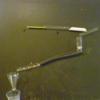
Magnetic Marble Run
Source Institutions
Learners explore magnetism and motion as they build a simple marble run. Learners test different arrangements of plastic and cardboard tubes, bottles, and cups on a magnetic board.
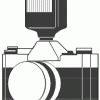
First Impressions
Source Institutions
Learners experiment with a commercial photo-sensitive paper (Sunprint® or NaturePrint® paper). They place opaque and clear objects on the paper and expose it to bright light, observing the results.
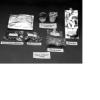
Ripening of Fruits and Vegetables
Source Institutions
In this activity, learners test the rate of ripening fruit and vegetables and use a chemical to inhibit the ripening process.
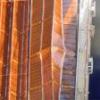
Folding Matters
Source Institutions
In this activity, learners explore how the process of folding has impacts on engineering and is evident in nature.

Vanishing Rods
Source Institutions
This is a quick activity/demonstration that introduces learners to the concept of index of refraction. Learners place stirring rods in a jar of water and notice they can see them clearly.
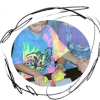
Musical Sculpting Machine: Squeeze Play-Doh to Make Music
Source Institutions
Play-Doh is conductive! Use the semiconductive qualities of Play-Doh to make your own squeezable instrument. Pico Cricket is required.

Catapult
Source Institutions
Build a catapult that transforms the potential energy of a twisted rubber band into kinetic energy. Experiment with design variations so that you can hit a target with a projectile.
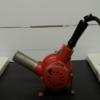
Rubber Band Thermodynamics
Source Institutions
In this demonstration, learners explore the thermal properties of rubber. Learners investigate whether a rubber band contracts or expands when heated.
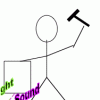
Lagging Sound
Source Institutions
In this group activity, learners see and hear the speed of sound. A learner designated the "gonger" hits a gong, once every second, as the rest of the group watches and listens from a distance.
Big and Little Cups
Source Institutions
In this indoor or outdoor water activity, learners pour water from small cups to large cups and containers. In doing so, they discover water takes the shape of its container.

Twirling in the Breeze
Source Institutions
In this engineering activity, learners build a device (an anemometer) to measure how fast the wind is blowing.

Big Wave
Source Institutions
This is an activity about waves. Using marbles, paper clips and rubber bands, learners explore how waves behave.

Bouncy Egg
Source Institutions
In this activity, learners explore how acids can dissolve eggshells leaving behind a membrane-covered bouncy egg.

Temperature Time Warp
Source Institutions
In this activity, learners explore the behavior of cold-blooded animals. Learners discover what happens when they change a fly's temperature.
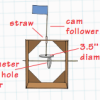
Crank It Up
Source Institutions
In this engineering activity, learners explore simple machines and then build cardboard automata using cams.
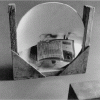
Hot Spot
Source Institutions
In this activity, learners explore the invisible infrared radiation from an electric heater.

Waterless Snow Globe
Source Institutions
In this activity, learners will investigate static electricity as they create waterless snow globes.
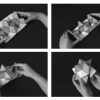
Exploring a Complex Space-Filling Shape
Source Institutions
In this activity, learners build a paper stellated rhombic dodecahedron, a three-dimensional 12-pointed star.
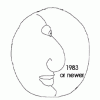
Chemical Change
Source Institutions
In this chemistry activity, learners explore the amount of copper in a new penny. Learners use toilet bowl cleaner to hollow out the interior of a penny with zinc inside.

Forgotten Genius
Source Institutions
This series of chemistry stations is designed to accompany the PBS documentary about African-American chemist "Percy Julian: Forgotten Genius." Each of the six stations features either a chemical or p
